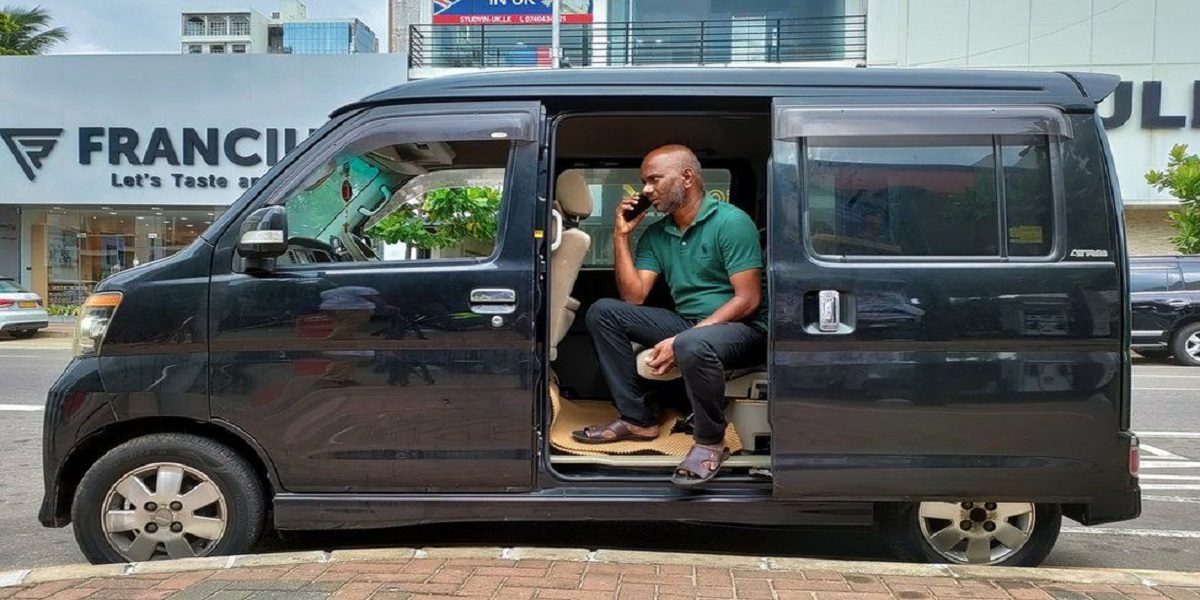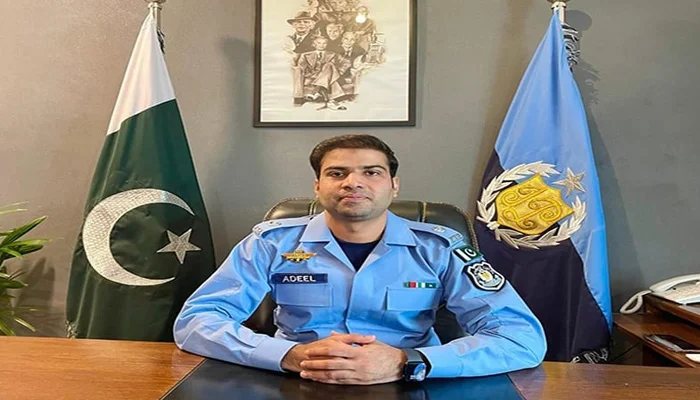- Taxi driver Ajeewan Sadasivam has been stuck in line for two days.
- Sri Lanka has no fresh supplies of petrol coming in.
- Supplies are being brought in from other parts of the island, where there are still some.
- But the island nation runs low on supplies.
- Sri Lankan fuel stations are rationing supplies to essential services like healthcare and public transport.
Being the main in the line is generally a sought-after spot, yet Ajeewan Sadasivam has no clue about how long he’ll be trapped in this one. Sri Lanka has no fresh supplies of petrol coming in.
“I’ve been in line for two days as of now,” he says, as he stands by without complaining external a gas station in the capital Colombo.
As a cab driver, fuel is his soul, yet Sri Lanka has no new supplies of petroleum coming in.
Mr. Sadasivam shows us the petroleum check on his dashboard, the bolt floating in the void.
“I have been resting in this vehicle. Once in a while, I leave to proceed to get food, then I return and stand by… I haven’t washed in days.”
He says he must choose the option to endure it: “I need to take care of my family, my better half and two kids… provided that there’s fuel might I at any point begin running my taxi and get by.”
With no global shipments of fuel coming in for no less than about fourteen days, supplies are being shipped off the capital from different pieces of the island, where there are still a few stores.
However, the island country runs short on provisions.
Read more: Working vacation visas are widely available in the UK and New Zealand
Mr. Sadasivam is confident a big hauler will show up soon. As he gazes out at the station forecourt, individuals from Sri Lanka’s tactical walk around and down, monitoring the unfilled siphons.
“They’ve let me know they’re anticipating that a vehicle should arrive this evening,” he says with a sprinkle of positive thinking.
“I need to pause, regardless of whether it requires seven days. I can’t go to another line. It’s not viable.”
Mr. Sadasivam is not really alone – the lines for fuel snake along the principal street, winding down along connecting side roads extending for near 2km (1.2 miles) along the beach front.
It’s a striking sight – four equal lines in Sri Lanka. One for vehicles, one for transports and trucks, one more two for motorbikes and tuk-tuks.
It’s a one-two punch of a pause. Before anybody can get any fuel – at whatever point it shows up – they should be given a token.
Those we conversed with say most gas stations are just giving around 150 tokens all at once.
Right at the rear of the line, we find Jayantha Athukorala who’s gone from a town outside Colombo, exhausting something like 12 liters of petroleum just to take a risk on seeing more.
Not at all like Mr. Sadasivam, Mr. Athukorala doesn’t have a token – by his most realistic estimation, he’s at number 300 in line.
“I don’t know I’ll get a symbolic today,” he says miserably. “We can’t survive without gas or petroleum. We’re in hot water.”
A vehicle sales rep, he’s currently compelled to rest in his own vehicle as he endures it.
While some fuel stations are just providing fundamental administrations like medical services, food dispersion, and public vehicles, others are permitting individuals from people, in general, to get some – under a severe proportioning plan.
Mr. Athukorala says the designated sum for vehicles – worth 10,000 Sri Lankan rupees ($28; £22) – will scarcely top off a portion of a tank.
With tension on Sri Lanka’s administration to find wellsprings of fuel, the public authority has contacted Russia for help. A designation is expected to show up in Moscow at the end of the week, to examine the acquisition of modest oil, and president Gotabaya Rajapaksa has kept in touch with Vladimir Putin to examine the issue.
Passing by the fuel station, we meet Jagannathan, who has turned to different means to get around.
With a major grin all over, he shows us his recently bought bicycle, which actually has some plastic wrapping on it.
“I’m actually becoming acclimated to it,” he says as he tinkers with the pedals.
Jagannathan used to function as a driver as well – yet with no petroleum or diesel, he’s quit working, and invested a portion of his reserve funds on the bicycle.
He said he paid multiple times the typical cost for his wheels – 70,000 LKR ($194; £160)
As Jagannathan rides away on his new buy, we meet others taking a stab in alternate ways as well.
Behind a line of fixed tuk-tuks, there’s a lot more modest line – a gathering of about six individuals holding on to purchase a lottery ticket.
It moves quick, until Siri, a worker who gets by on random temp jobs, purchases up the excess tickets on special – every one of them 26.
Read more: Archegos requests the rejection of two U.S. regulators’ claims to collapse
Siri says he’s purchased the tickets for his loved ones: “I have no kind of revenue, it’s hard however we must show restraint.”
While some in the fuel line rest in their tuk-tuks and others structure gatherings and visit while away the time, Siri peers down at the heap of tickets in his grasp.
“Perhaps sometime I’ll score that sweepstake,” he says, with significantly more expectation than generally here.

















